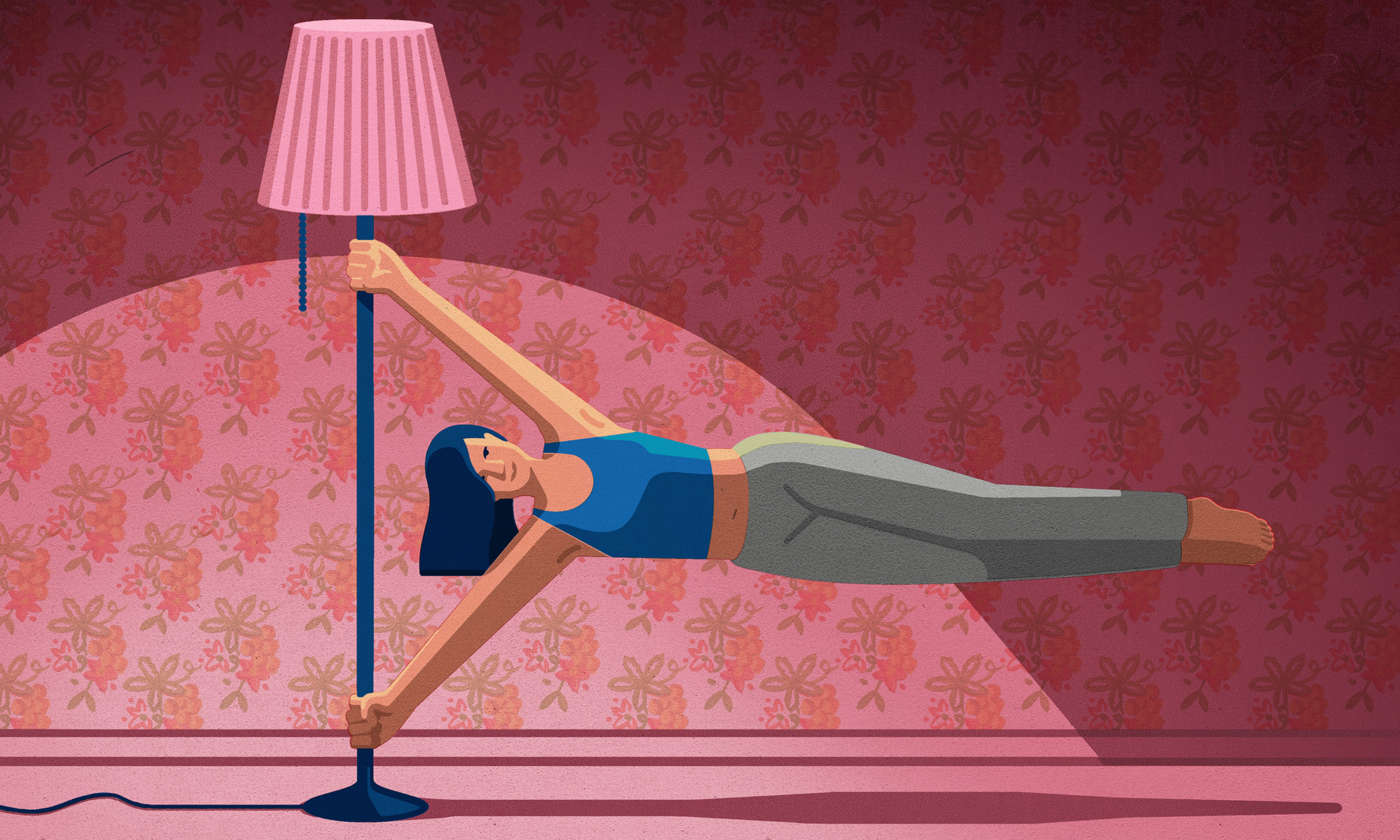The Impact of Exercise on Your Brain and Easy Home Workouts
Core Concepts
Regular exercise not only improves your physical health but also has lasting benefits for your brain, protecting it from conditions like Alzheimer's and dementia. Dr. Wendy Suzuki emphasizes the importance of incorporating movement into your daily routine to enhance mental health and cognition.
Abstract
Regular exercise has profound effects on the brain, building new brain cells, changing its anatomy, physiology, and function. Dr. Wendy Suzuki highlights that even a short workout can boost neurotransmitters like dopamine and serotonin, improving memory and focus for up to three hours. She conducted an experiment showing how a 10-minute workout reduced anxiety levels in students significantly. The key is to incorporate bursts of activity throughout the day to benefit mental health and cognition. Cardiovascular exercises are particularly beneficial, but even simple activities like walking or power vacuuming can have positive effects. Consistency is crucial as regular exercise leads to increased motivation over time.
Translate Source
To Another Language
Generate MindMap
from source content
Visit Source
ideas.ted.com
Why your brain loves it when you exercise, plus 3 easy ways to work out at home
Stats
"In her 2017 TED Talk, she recommends trying to fit in 30-minute sessions of exercise 3 to 4 times a week."
"Even a walk can start to give you those neurotransmitter and mood benefits."
"A vigorous session of power vacuuming will get your heart pumping."
"The more exercise you do — if you are successful at regularly exercising — the more motivation you gain."
Quotes
"Exercising to increase your fitness literally builds brand new brain cells."
"It’s really the new way to bring wellness to your brain."
"After a 10-minute workout, their anxiety scores decreased to normal levels."
"The more exercise you do — if you are successful at regularly exercising — the more motivation you gain."
"Anytime you feel like working out? Work out. That will be beneficial to you."
Deeper Inquiries
How does regular exercise impact long-term brain health beyond immediate benefits?
Regular exercise not only provides immediate benefits such as mood improvement and increased neurotransmitter levels but also has profound long-term effects on brain health. According to Dr. Wendy Suzuki, a neuroscientist at New York University, exercising to increase fitness leads to the creation of new brain cells and triggers changes in the brain's anatomy, physiology, and function. These alterations can help protect the brain from conditions like Alzheimer's and dementia in the long run. By engaging in consistent physical activity, individuals are essentially giving their brains a "neurochemical bubble bath" that contributes to overall cognitive resilience and well-being over time.
What are potential drawbacks or limitations of relying solely on home workouts for physical fitness?
While home workouts offer convenience and accessibility, there are potential drawbacks to exclusively relying on them for physical fitness. One limitation is the lack of variety in exercises that can target different muscle groups effectively. Without access to specialized equipment or professional guidance, individuals may struggle to design comprehensive workout routines that address all aspects of fitness (e.g., strength training, flexibility). Additionally, motivation could be a challenge when working out at home without external accountability or social support systems typically found in gym settings. Over time, this lack of variety and motivation may lead to plateaus in progress or decreased adherence to workout regimens.
How can incorporating movement into daily routines benefit overall well-being beyond cognitive functions?
Incorporating movement into daily routines goes beyond enhancing cognitive functions; it positively impacts overall well-being by promoting physical health, emotional balance, and stress management. Physical activity helps maintain cardiovascular health, strengthen muscles and bones, improve flexibility, and boost energy levels throughout the day. Beyond these physiological benefits, regular movement releases endorphins that reduce stress levels and promote feelings of happiness and relaxation. By integrating simple activities like walking breaks or short workouts into daily schedules as part of self-care practices akin to brushing teeth regularly ensures holistic wellness encompassing both mind and body dimensions.

